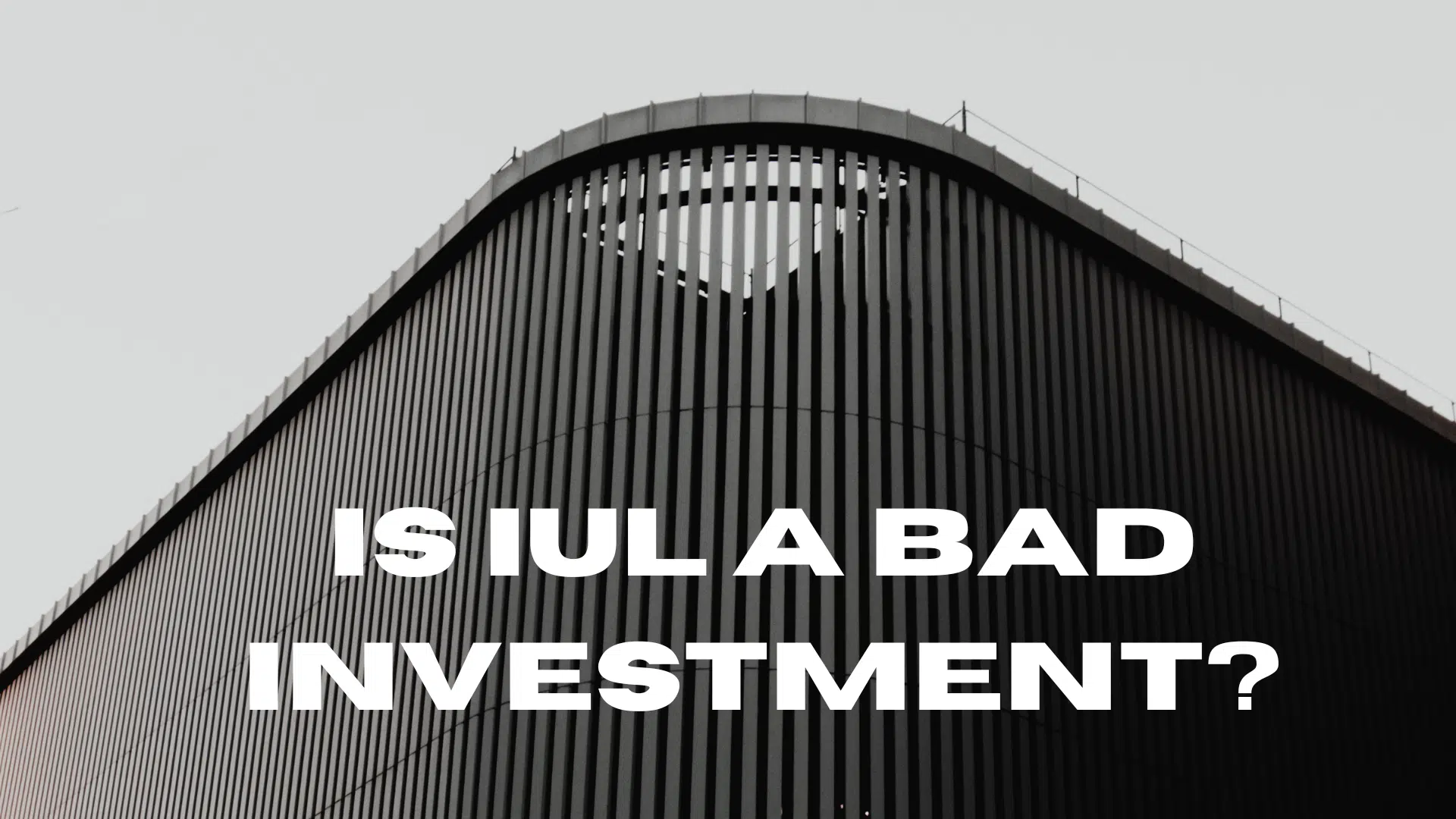
For generations, real estate has been considered a relatively stable and rewarding investment. Whether it’s your primary residence, a vacation retreat, or an investment property, real estate offers both tangible assets and the potential for long-term appreciation. Should you seek to broaden your investment portfolio or explore a more upscale segment of the market, luxury real estate could present a compelling opportunity. From towering penthouses in bustling cities to expansive estates in serene countryside settings, luxury properties offer both financial benefits and lifestyle appeal.
In this guide, we’ll explore the key considerations, strategies, and trends in the luxury real estate market, giving you a roadmap to make informed investment decisions.
What Defines Luxury Real Estate?
At its core, luxury real estate is about more than just price. While high prices are common in this market, luxury is defined by exclusivity, uniqueness, and desirability. According to Randy Char, president of Char investing in Luxury Real Estate in Las Vegas, “luxury properties are those that offer something extraordinary—whether that’s a prime location, architectural uniqueness, or high-end Features that distinguish them from conventional residences.”
Wealthy buyers are drawn to properties that provide both practical advantages and aspirational qualities. Locations that offer access to exclusive activities, like high-end shopping, gourmet dining, and cultural attractions, are especially sought after. A prestigious address, such as New York’s Park Avenue, adds immense value. Additionally, many buyers seek properties with breathtaking views, such as waterfront or mountain vistas.
In addition to the importance of location and scenic views, affluent purchasers prioritize privacy and security, often seeking a level of seclusion. The size of the property and the grandeur of the features, from custom-designed interiors to opulent finishes, play a large role in determining whether a home qualifies as luxury. In today’s market, amenities such as smart home technology, state-of-the-art kitchens, temperature-controlled wine cellars, and resort-style pools are often must-haves for high-end buyers.
The Essential Elements of Luxury Real Estate.
When investing in luxury real estate, it’s essential to understand the unique elements that drive demand. Here’s a breakdown of what sets luxury properties apart:
1. Location
The age-old real estate mantra holds even more weight in the luxury market. Properties located in iconic areas or neighborhoods with high prestige often carry a significant price premium. Cities like New York, London, and Paris have neighbourhoods synonymous with luxury, where owning a property is as much about social status as it is about real estate. Proximity to exclusive amenities—such as upscale dining, cultural landmarks, and luxury shopping districts—further enhances a property’s appeal.
For buyers looking for tranquility, countryside estates or beachfront properties provide natural beauty and privacy. Waterfront homes or those with panoramic views of lakes, oceans, or mountains are particularly desirable, commanding significantly higher prices than properties without these natural advantages.
2. Privacy and Security
High-net-worth individuals often seek homes that offer privacy from neighbors, media, and even potential threats. Gated communities, private islands, or properties with extensive acreage are attractive to those who value seclusion. Security features, such as advanced surveillance systems, guarded entrances, and secure perimeters, are vital considerations for luxury buyers. Properties that offer these features can often command higher prices and are seen as more valuable investments.
3. Architectural Uniqueness
Custom architecture and design are hallmarks of luxury real estate. Many high-end properties are designed by renowned architects and feature one-of-a-kind layouts, materials, and craftsmanship. From modern masterpieces with sleek lines and floor-to-ceiling glass windows to historic estates with intricate details and antique materials, architectural uniqueness adds to a property’s allure. Buyers in the luxury market want homes that are distinct, that stand out from the typical offerings.
4. Exclusive Amenities
Luxury homes are often defined by the amenities they offer. These may encompass advanced smart home technologies that manage various aspects such as lighting, temperature, security, and entertainment. A chef’s kitchen with top-of-the-line appliances, custom wine cellars, home theaters, private gyms, and spa-like bathrooms are just a few of the standard features in many high-end homes. Outdoor spaces are just as important, with infinity pools, expansive gardens, tennis courts, and outdoor kitchens becoming increasingly common.
How Much Does Luxury Real Estate Cost?
The price of luxury real estate varies dramatically based on location, property size, and the features it offers. In some markets, properties priced as low as $500,000 may be considered luxury, particularly in less expensive regions. However, in major metropolitan areas like New York, Los Angeles, and San Francisco, the entry point for luxury real estate is typically around $1 million. In cities with the highest demand, like New York, luxury homes often command prices well into the tens of millions. In April 2022, the average asking price for a luxury home in New York City was $8.96 million, and in 2021, the most expensive residential sale was a pair of condos that sold for $157 million.
Financing options for investing in luxury real estate differ from those for standard properties. While many luxury buyers pay cash, jumbo loans are available for those seeking financing. In order to be eligible for a jumbo loan, prospective buyers generally must provide a more significant down payment, possess outstanding credit, and maintain considerable financial reserves. Additionally, interest rates for jumbo loans are often higher than those for conventional loans due to the increased risk taken on by the lender.
Methods for Investing in Luxury Real Estate.
There are numerous strategies to consider when investing in luxury real estate. Whether you’re looking to buy and hold for long-term appreciation, flip properties for a quicker return, or generate rental income, there are numerous strategies available.
1. Flipping Mansions
Luxury home flipping is an appealing option for investors who have experience in the real estate market and are looking for higher returns. Luxury homes typically receive superior maintenance compared to standard properties, which can result in reduced renovation expenses and significant returns on investment. However, flipping luxury properties requires specialized knowledge—securing financing, negotiating prices, and overseeing high-end renovations can be more complex than typical house flips. It’s important to target properties with the right balance of architectural appeal, condition, and location to maximize returns.
2. Investing Internationally
For those looking to diversify, international luxury real estate presents unique opportunities. Certain destinations, such as the Caribbean or Mediterranean, offer tax advantages that can enhance the profitability of your investment. An illustration of this can be seen in the Turks and Caicos Islands, where the absence of annual property taxes and capital gains taxes renders it a highly appealing choice for international investors. However, investing abroad can come with additional challenges, including differing legal frameworks and potential government instability. It’s essential to work with experienced professionals, including international real estate attorneys, to navigate the complexities of foreign markets.
3. Buying Luxury Condos
Condos in luxury buildings are a popular investment choice, particularly in urban markets. These properties often offer attractive amenities such as concierge services, fitness centers, and private rooftop spaces. Location is crucial when investing in luxury condos—proximity to public transportation, dining, and entertainment options can significantly impact resale value and rental potential. However, it’s important to research the building’s management and reputation, as well as any ongoing fees associated with amenities and services.
4. High-End Vacation Rentals
Luxury vacation rentals in prime locations can be highly lucrative, particularly in popular tourist destinations like ski resorts, tropical islands, or golf meccas. These properties can generate substantial seasonal income, and in some cases, offer tax advantages. Vacation homes often appreciate over time, making them a strong long-term investment. However, they may be more sensitive to economic downturns than properties in major cities, as vacation spending tends to decrease during recessions.
5. Custom-Built Luxury Homes
Building a custom luxury home from the ground up offers investors the ability to control every aspect of the property, from design to amenities. While this option can yield the highest returns, it also comes with a higher level of risk and a longer timeline. Custom-built homes tend to attract buyers looking for something truly unique, but it’s important to ensure that the features you select will appeal to a broad range of high-end buyers. Functional layouts, high-end finishes, and top-notch security systems are essential components of a successful luxury build.
Current Trends in Luxury Real Estate
The luxury real estate market is constantly evolving, driven by changes in buyer preferences, economic conditions, and technological advancements. The following are several significant trends currently influencing the market:
1. Sustainable and Eco-Friendly Features
Sustainability has become increasingly important to luxury buyers. Properties that offer energy-efficient appliances, solar panels, and sustainable building materials are in high demand. Green certifications, such as LEED, can also add value to a luxury property, particularly in environmentally-conscious markets.
2. Wellness-Oriented Amenities
Incorporating wellness features into luxury homes is another growing trend. Buyers are increasingly looking for properties with spaces designed for relaxation and well-being, such as home gyms, yoga studios, saunas, and spa-like bathrooms. Outdoor spaces that promote health and wellness, like private gardens, meditation areas, and outdoor fitness spaces, are also becoming more popular.
3. Smart Home Technology
The integration of cutting-edge technology is a must for today’s luxury real estate market. Smart home systems that allow homeowners to control lighting, temperature, security, and entertainment from their smartphones or voice assistants are no longer a luxury—they’re an expectation. High-end buyers are also looking for properties with home automation systems that can monitor energy use, control privacy features like automated blinds, and offer personalized climate control.
Tips for Investing in Luxury Real Estate
Before jumping into the luxury real estate market, consider the following tips to ensure your investment is successful:
- Set clear goals: Assess whether your objective is to achieve long-term capital growth, generate rental income, or execute a rapid resale. This evaluation will inform your investment approach.
- Understand the market: Research local market conditions, including job growth, economic stability, and demand for invest in luxury properties. Each market is unique, and not all high-end properties will appreciate at the same rate.
- Work with experts: Investing in luxury real estate transactions can be complex. It’s important to work with experienced professionals, including real estate agents, attorneys, and financial advisors, who specialize in luxury properties.
- Be patient: Investing in luxury properties often take longer to sell than average homes, so be prepared for a longer timeline when flipping or reselling.
- Consider the resale value: Even if you’re building a custom home, think about how the property will appeal to future buyers. Avoid overly personalized features that may limit its marketability.
Conclusion: Is Luxury Real Estate Right for You?
Investing in luxury real estate can be both financially rewarding and personally fulfilling. Whether you’re drawn to the idea of owning a stunning beachfront villa or a sleek urban penthouse, the opportunities in the luxury market are vast. However, it’s essential to approach these investments with a clear understanding of the market, the potential risks, and your long-term goals.
By carefully selecting properties in desirable locations, offering unique features and amenities, and working with the right team of professionals, you can successfully navigate the luxury real estate landscape and Take advantage of the numerous advantages it provides.





